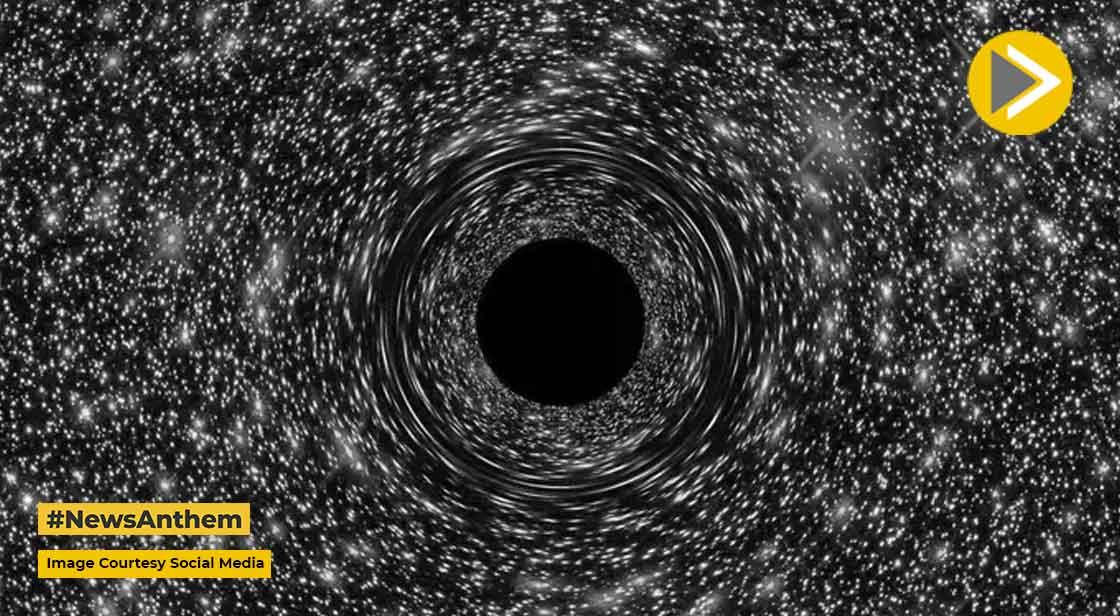NASA Releases Audio Of Black Hole Full Of Noises

News Synopsis
Although there isn't much to hear in space, NASA has discovered that black holes make sounds that resemble the wails and moans of spectral aliens.
In a tweet on Monday, NASA's exoplanet programmes Twitter account published an audio sample of eerie noises made by pressure waves that travel from a black hole through a group of galaxies. "The majority of space is a vacuum, thus sound waves cannot travel there, which is where the myth that there is no sound in space comes from. There is so much gas in a galaxy cluster that we have detected genuine sound, "NASA's Twitter account said.
However, the real sound is 57 octaves below middle C, which is beyond the range of human hearing. Inaudible noises that were represented by waves in the Perseus cluster that were visible in X-rays were recorded by the Chandra X-ray Observatory. The noises were then scaled up by NASA from their original pitch to something audible. That is an increase of 144 and 288 quadrillion times above their original frequency, respectively. The audio sample was first released by NASA in May, but the Monday publication sparked a flood of fresh internet responses. The black hole, according to a Twitter account for the BlindBoy Podcast, sounds like "a billion souls being tormented."
Elizabeth Bowen, a Canadian performer, likened it to "that movie scenario where someone unintentionally comes onto some type of demonic group in the middle of the woods." According to astronomy writer Phil Plait, "Everyone is raving about how scary this is, but to me the way it simply stops out is by far the creepiest thing."
While utilising audio interpretations of optical data from the Hubble Space Telescope and radio waves from the Atacama Large Millimeter Array in Chile, the music also uses X-ray data from the Chandra telescope. Because the data combination needed more ingenuity than just scaling up the pitch of an existing sound, NASA converted it into lovely music.









